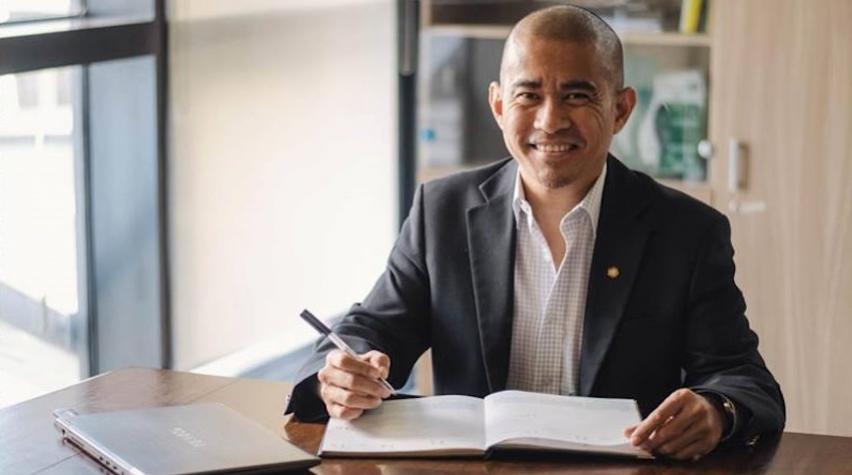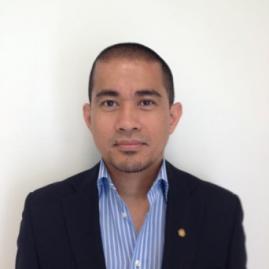
Raymond Tan is a professor of chemical engineering, a University Fellow and the current Vice-Chancellor for Research and Innovation at De La Salle University in Manila, Philippines. He is also a plenary speaker at this year's International Congress on Sustainability Science & Engineering (ICOSSE '19). We recently caught up with Raymond to find out what we can expect during the conference.
In your opinion, what is the most important current trend in sustainability science and engineering?
I consider climate change to be our most critical environmental problem. The good news is that there are some promising developments, particularly the clear growth in research being done throughout the world for both climate change mitigation and adaptation. I can’t imagine a single technological breakthrough that gives us the proverbial “silver bullet.” The more likely scenario is that we’ll come up with a range of solutions which will be deployed to contribute by increments to the emissions reduction that we need to achieve.
What specifically will you be talking about at the conference?
My talk is entitled “Process Systems Engineering for Optimal Deployment of Negative Emissions Technologies.” I will discuss some of my recent work on developing computer models that can aid in planning and optimizing the large-scale deployment of CO2 removal techniques.
What message would you like the audience to take away from this year’s ICOSSE?
Climate change is, hands down, the most serious environmental issue we are facing. We’ve known for more than a decade that there are many commercial or near-commercial technologies that can contribute incrementally as “technology wedges” to cuts in greenhouse gas emissions. However, as greenhouse gas emissions rates continue to increase, we are likely to need additional new negative emissions technologies that remove CO2 from the atmosphere. Many of these technologies exist only at the conceptual level, or at laboratory and pilot plant scales. In my view, they will need to be commercialized and rapidly scaled up by many orders of magnitude within a relatively short time horizon. Computer models will be needed to make sure that such scale-up occurs smoothly and cost-effectively.
How do you envision sustainability science and engineering advancing some of the Grand Challenges in engineering and society?
I’m especially interested in the Grand Challenge of developing carbon sequestration methods, and I don’t mean just CCS (CO2 capture and storage) in particular. There are various pathways for sequestering carbon, and many of these can achieve negative net emissions. Cost remains an issue, but there is also the technical challenge of scaling up these emerging technologies to the point where they make a significant dent in the problem. The scale-up needs to be done to the level of tens of gigatons per year, and it needs to be done in the next couple of decades if we are to avert a climate crisis.

Raymond R. Tan
Raymond R. Tan is a professor of chemical engineering, University Fellow and current Vice-Chancellor for Research and Innovation at De La Salle University, Manila, Philippines. He is also an Academician of the Philippine National Academy of Science and Technology (NAST). Read more


